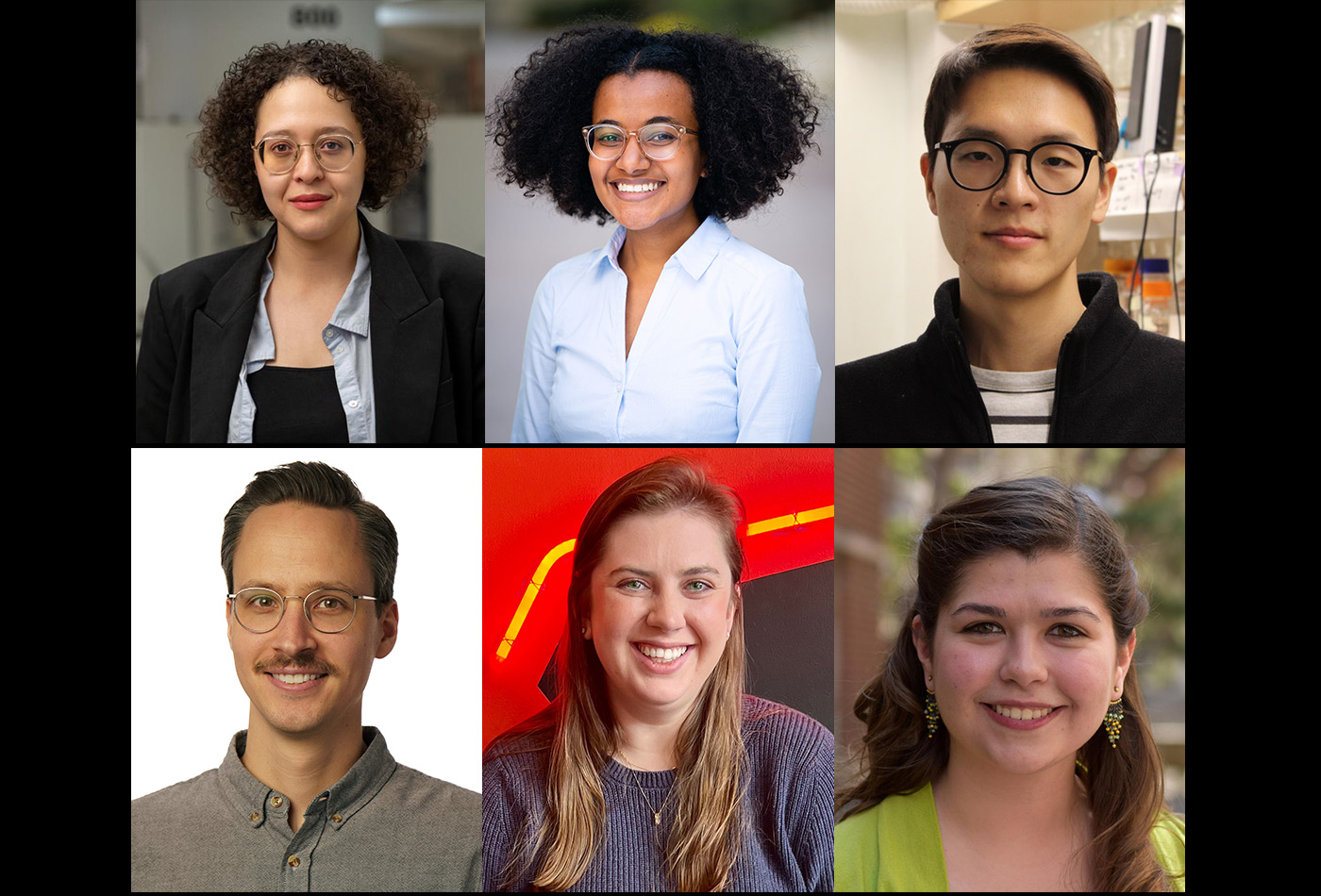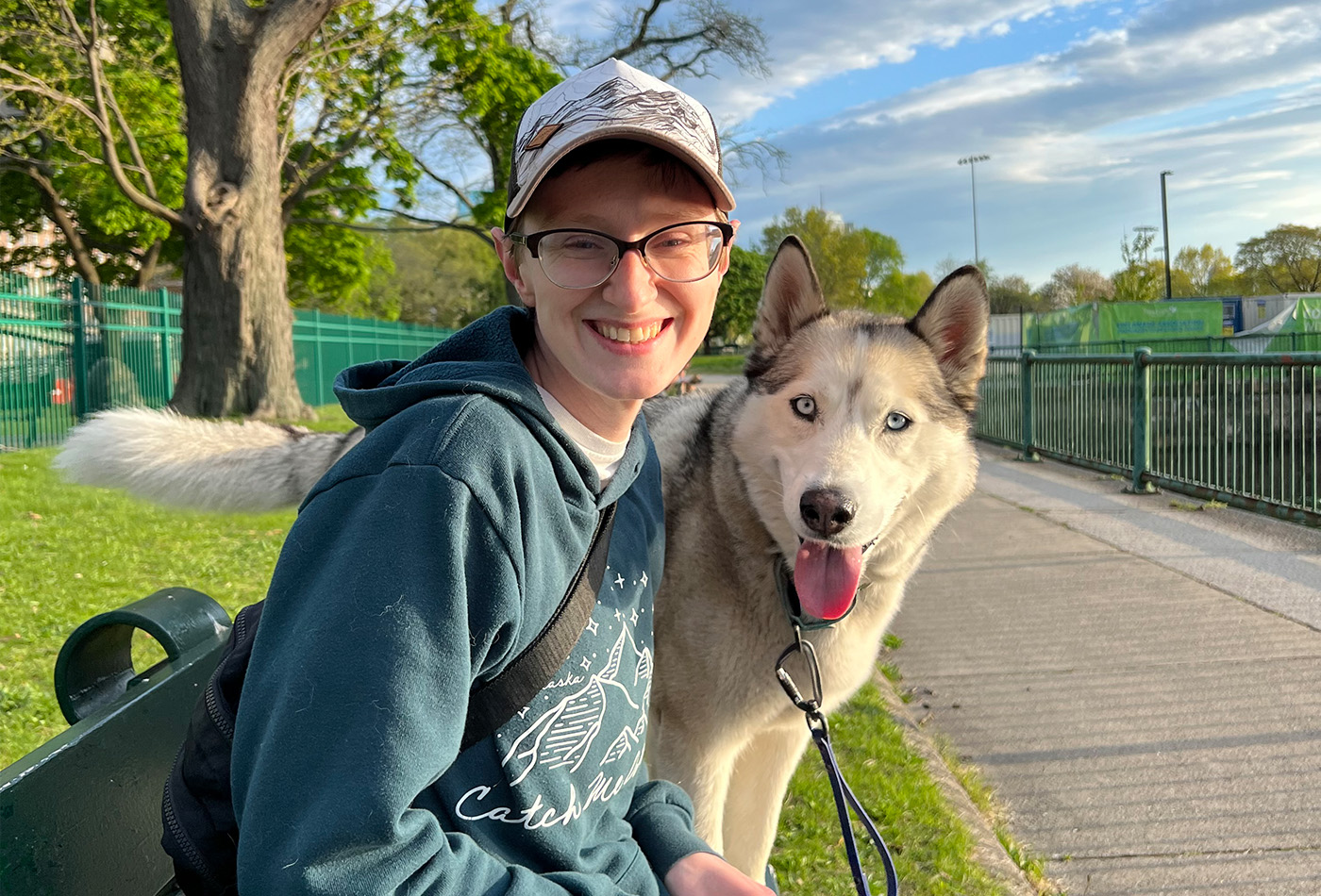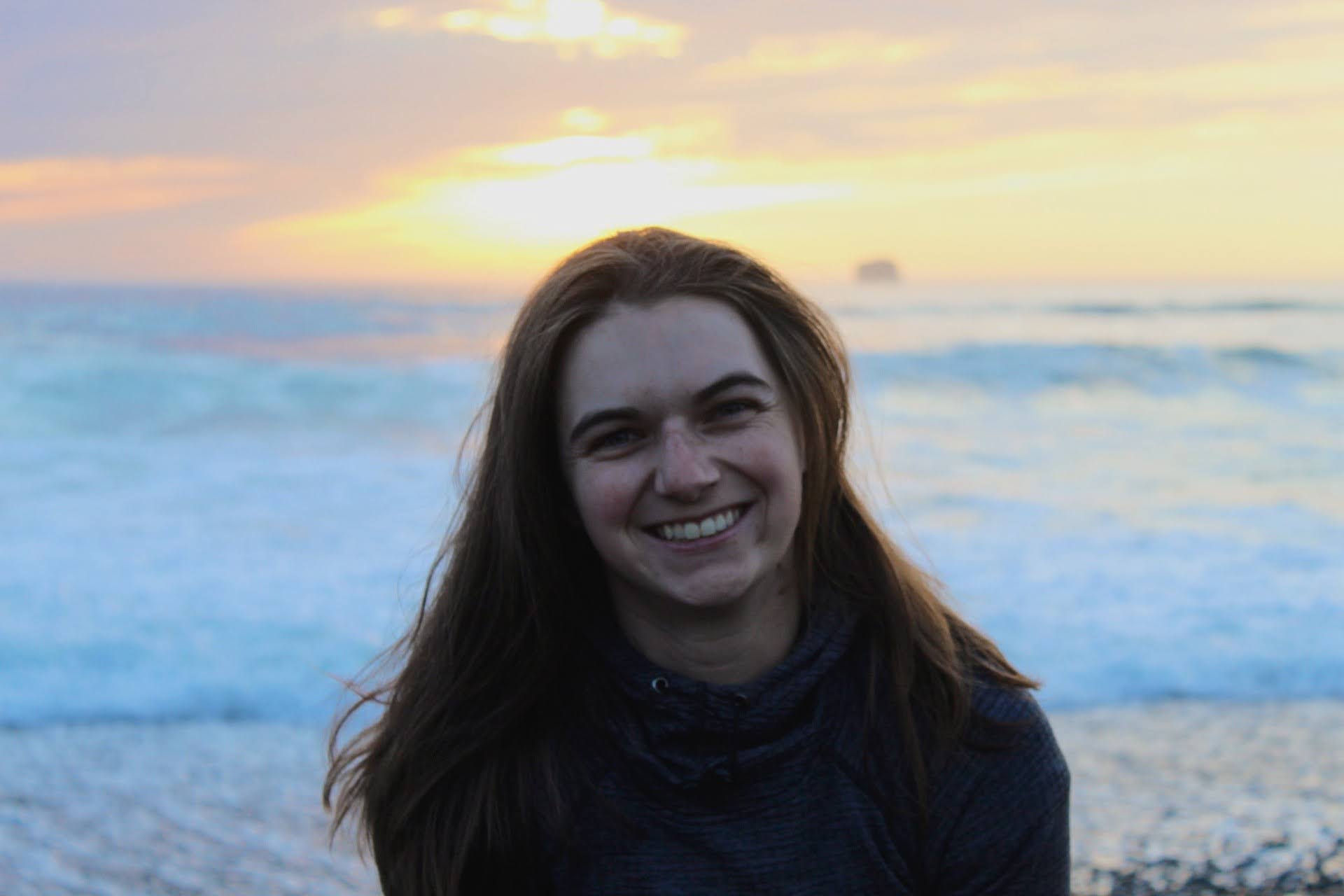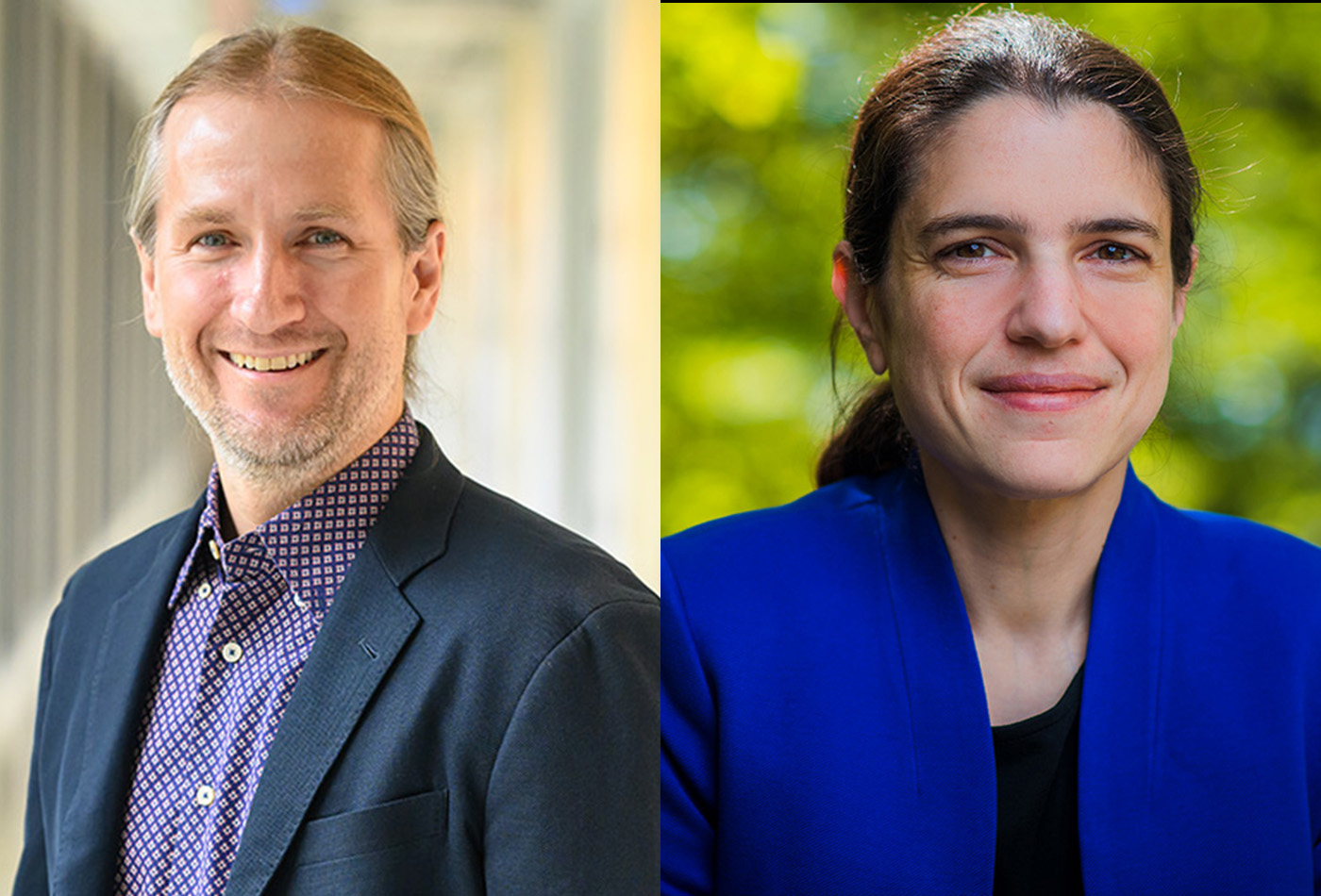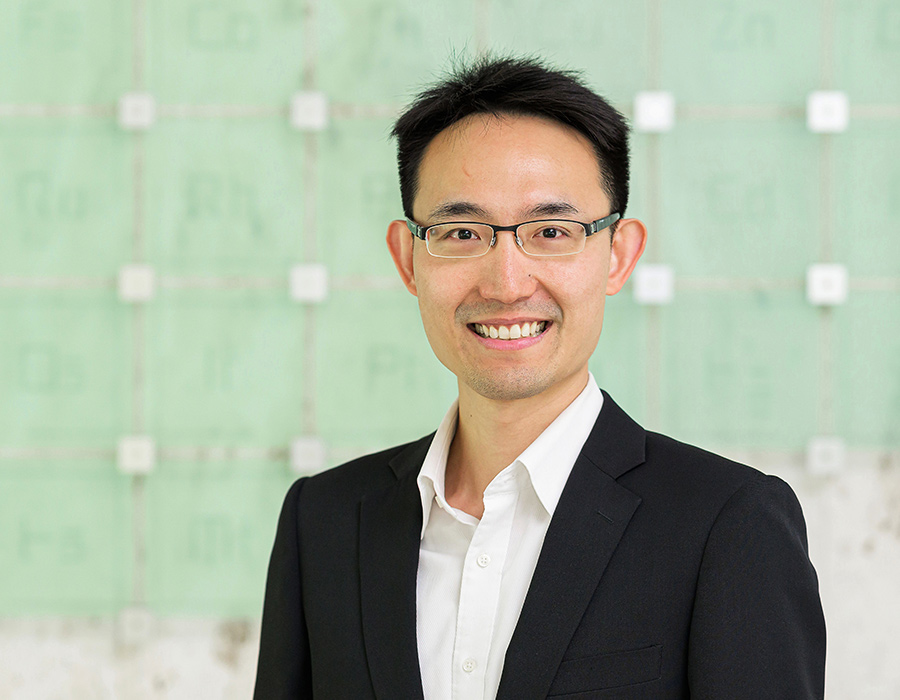Six Outstanding Mentors honored with Mentorship Spotlight Awards
These awards, given in recognition of exceptional commitment to mentorship, are presented each Fall and Spring by the Department of Chemistry.
Six outstanding mentors within the Department of Chemistry have been honored with the department’s semi-annual Mentorship Spotlight Award. Established in 2020, this award recognizes individuals who demonstrate exceptional commitment to fostering a positive working environment for those around them, leading by example, and generally demonstrating outstanding mentorship. Winners are chosen from a pool of nominees submitted by fellow staff, faculty, and students. Each winner will be presented with a prize in the form of a crystal award and a monetary sum.
Spring 2023 Mentorship Spotlight Awardees:
Nadia El Mammeri
A postdoctoral researcher in Professor Mei Hong‘s group, Nadia El Mammeri is valued for her encouraging, patient style of teaching and her contributions to the evolution and development of her labmates’ scientific confidence.
“Mentoring and teaching are profoundly rewarding experiences, as they offer the opportunity to empower others and provide them with the tools, they need to achieve their personal aspirations,” said El Mammeri. “Guiding and supporting individuals in their journey not only fosters their growth but also cultivates my sense of fulfillment and purpose. Witnessing the progress and success of those I mentor is a testament to the tremendous power of knowledge, guidance, and encouragement which I, myself, experienced.”
El Mammeri’s research focuses extensively on the tau protein, investigating its interactions with microtubules, lipid membranes, and temperature-dependent aggregation, using solid-state NMR. The Hong lab at MIT focuses on elucidating the early events which lead tau to misfold and aggregates in Alzheimer’s disease brains, at the molecular level. Notably, the group discovered that only the R’ repeat in tau acts as an anchor for microtubule binding. Another study also revealed that tau tends to aggregate more readily on cholesterol-containing membranes with high curvature, emphasizing the role of membrane curvature in this process. Furthermore, they explored the impact of temperature on the secondary structure of the R2 domain in a tau construct called P2R tau(198-399), observing distinct conformational changes at different temperatures. These findings enhance researchers’ understanding of tau’s functional and pathological behaviors, contributing to the knowledge of neurodegenerative diseases.
Amanuella Mengiste
Amanuella Mengiste, a graduate student in Professor Matt Shoulders‘ lab, contributes to the construction of a positive lab environment by providing her mentees with reassurance, compassion, and empathy.
“One of my most meaningful and long-standing commitments at MIT has been mentorship,” said Mengiste. “My goal as a mentor has been to center wellness and community, instill in my mentees a “growth mindset” approach to learning/doing science, and show them that they are more than capable of participating in productive scientific inquiry—in other words, that they belong at places like MIT. I am here (in graduate school, at MIT, on the path to earning a PhD) because so many mentors guided me and cheered me on; I want to do the same for others.”
Mengiste’s research focuses on inventing and utilizing methodologies that enable directed evolution in cellular environments ranging from bacteria and yeast to plant and mammalian cells.
Gil Namkoong
As a graduate student in Professor Dan Suess‘ lab, Gil Namkoong prioritizes helping others, sets a supportive example in the face of research mishaps, and helps his mentees gain their independence while also assisting them with navigating their obstacles.
“I became who I am now with help from numerous mentors from high school to undergraduate and graduate research labs,” said Namkoong. “I wish to return this experience to the community by mentoring younger students who want to become scientists, guiding them to understand what scientific research is, transmitting knowledge I have, and helping them adjust to the science community.
Namkoong’s research centers around iron–sulfur clusters, a type of metallocofactors found in all forms of life and in a variety of biological processes that are pertinent to human health and global biogeochemical cycles. These clusters are comprised of multiple iron atoms, and they often perform functions that are not attainable with mononuclear iron. The Suess Lab hypothesizes that complex electronic structures arising from interactions between multiple iron centers are key to such emergent properties. Namkoong develops strategies to chemically modify iron–sulfur cofactors in order to decipher their complex electronic structures, and thereby to understand how such electronic structures are connected to their novel functions.
Simon Rössler
Postdoctoral researcher Simon Rössler demonstrates a consistently exceptional ability to break down the problems his mentees present to him, and inspire confidence, growth, and positivity throughout Professor Brad Pentelute‘s lab.
“My motivation to be a mentor is fueled by being able to make a positive impact on someone’s academic and personal development,” said Rössler. “I strive to empower my mentees to navigate challenges and reach their full potential, and their continued success is a true inspiration for me.”
Rössler’s work with the Pentelute Lab involves the development of a novel drug discovery platform termed peptide-encoded libraries. Therein, peptides are leveraged as carriers of information encoding the chemical identity of an appended small molecule. These conjugates are accessed through optimized and orthogonal small molecule transformations and peptide synthesis. Vast mixtures of these conjugates generated through combinatorial synthesis can be screened against therapeutic targets of interest in a process called affinity selection which results in the enrichment of potential ligands. The use of contemporary proteomics instrumentation enables the exact determination of the peptide sequences encoding the small molecule responsible for enrichment through binding to the target. The researchers’ new discovery platform has allowed the identification of new small molecule ligands for a range of oncogenic targets.
Katherine Taylor
Graduate student Katherine Taylor is an incredible resource for younger members of Professor Laura Kiessling‘s lab, offering guidance and advice for everything from biological assays to general research and departmental navigation.
“Implicit in mentoring relationships is an understanding that mentors recognize the potential of their mentees,” said Taylor. “Accordingly, as a mentor, I believe that providing rigorous feedback kindly is central to helping mentees realize this potential and achieve their individual goals.”
Taylor’s research focuses on developing new methods to study cell wall architecture and biosynthesis. Despite the ubiquity of glycans and their critical roles in cellular recognition, systemic perturbation within cells remains limited. Taylor has worked on projects to develop chemoenzymatic syntheses of important cell wall oligosaccharides and visualization of the cell wall using fluorescence lifetime imaging microscopy.
Kathryn Yammine
Kathryn Yammine, a graduate student in Professor Matt Shoulders‘ lab, applies sincerity, optimism, and equity to her interactions with all who come her way, which in turn creates a positive environment for her fellow lab members.
“I have been fortunate enough to experience how wonderful mentorship can transform an academic journey,” said Yammine. “I believe in creating that experience for others.”
Yammine’s research focuses on understanding how collagen – the most abundant protein in our body – folds, and how mutations in the genes encoding collagen lead to diseases. In particular, she is interested in two single amino acid substitutions in type II collagen which cause precocious osteoarthritis. The goal of Yammine’s research is to understand how cells handle these pathologic substitutions both to gain better insight into the fundamentals of protein folding and to identify novel therapeutic strategies for these diseases.

